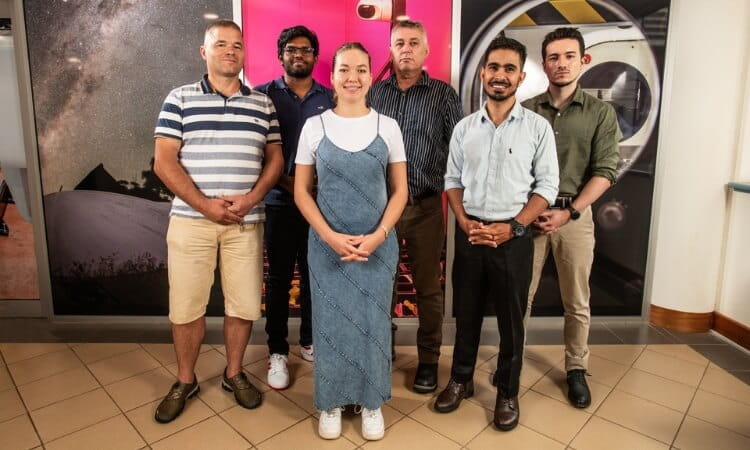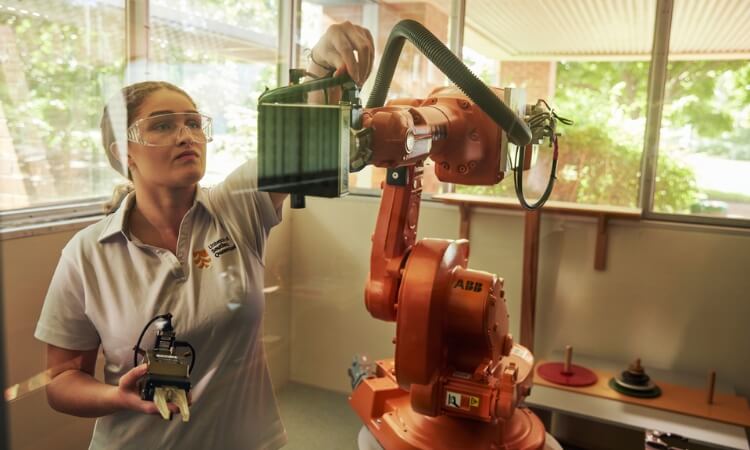Amid the current youth crime crisis, the University of Southern Queensland has implemented a research project to better understand how the youth of today consider their future.
The Youth Community Futures initiative aims to understand the experience and perceptions, both positive and negative, of young people in regional Queensland.
With youth issues at the forefront of significant public and media attention, project lead Professor Andrew Hickey said becoming an agent of change had never been more important.
“Very real problems and concerns sit at the heart of this attention with issues of crime and social marginalisation combining with wider shifts in the social landscape of communities,” he said.
“What we require is a more sophisticated understanding of who young people are, how they come to understand their world and how society might enhance this experience.”
“There are distinct aspects of growing up in regional Queensland that are unique, but often don't gain recognition in policy programming and the social support of young people.”
Professor Hickey and his team have partnered with the Queensland Department of Science and Environment, numerous schools and youth programs such as the Toowoomba Regional Council Youth Connect to run a series of projects as part of the initiative, including:
- Young Peoples’ Futures which examines the range of educational, employment and social opportunities available to young people across the region;
- The Sentiment Log which captures accounts of living in regional south-east Queensland, ethnographically documenting experiences of being a young person; and
- The Elders Network which is a community of practice between young people, community, and local Elders in sites across the Toowoomba region.
Professor Hickey said the project outcomes would help inform the Queensland Government’s policy development for youth and extend literature on the sociology of young people.
"Adults often tell young people what they should be doing but rarely do we actually stop to ask what their aspirations are,” he said.
“That’s why it's so important that we've got our youth co-researchers with us to guide this.”
“We're taking their input and then using our skill set as social researchers to frame their feedback to formal research, together sharing their thoughts on what to tell government.”
“Ultimately, these projects provide an opportunity for our young people to be heard and make meaningful change.”
Learn more about the Youth Community Futures initiative.



